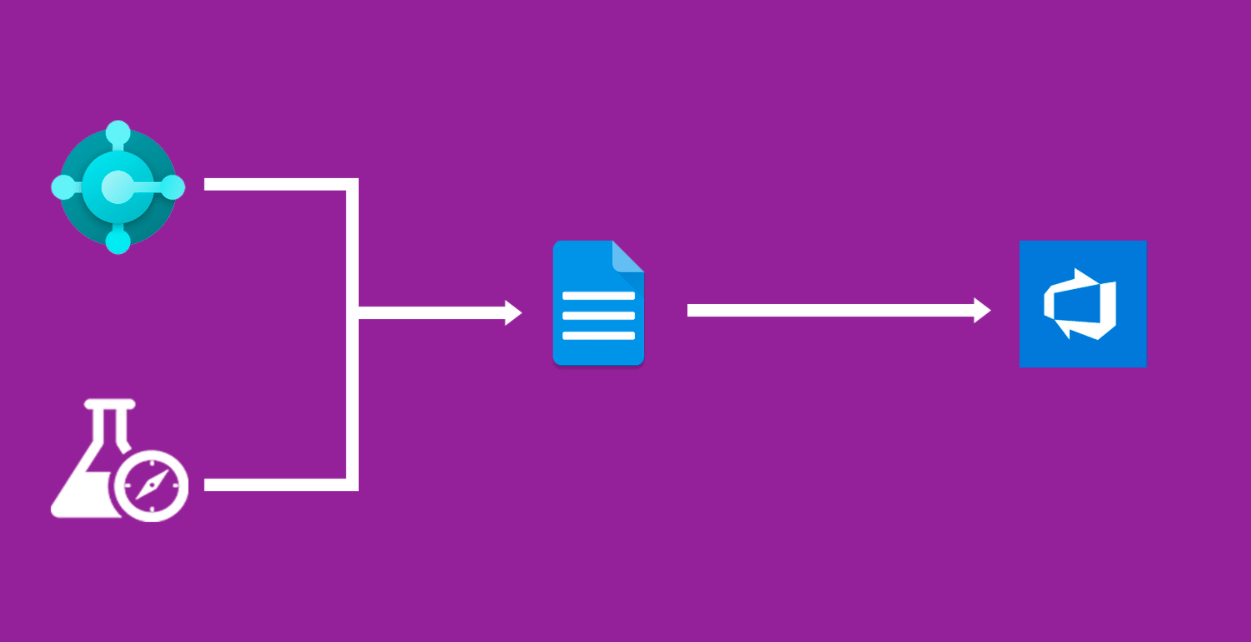DevOps ticketing system is one of the most vital services your organization should possess in the 21st century.
It enables businesses to boost their CRM, support agent comfort, and avail data to various stakeholders. The result of the core services is propelled ROI.
However, the challenge to using it comes when you don’t understand where and how to apply the technology. Worse yet, you may end up not competing with other businesses in the fourth industrialized world.
The solution to the above challenges is to know the basics of the technology. Next, you should identify areas to apply the DevOps ticketing system for optimal gain. What is more? Read on to find out.

Definition of DevOps Ticketing System
DevOps ticketing system originates from two core terms. These are DevOps and a ticketing system. First, you should find out what each of the core technologies entails. Let us start with a ticketing system.
Ticketing System
A ticketing system is a procedure for handling customer issues. The system, also known as an issue tracking system, creates a friendly platform for several customers to submit their disturbances to your company.
The client could be a repeat or potential customer. They could inquire about technical issues or general information about your company.
Before business process automation, several organizations handled customer requests through emails. However, the growth of technology has seen a chunk of businesses handle customer issues through a unified dashboard.
Here, your support team tracks customer issues from various media such as SMS, email, Twitter, and Facebook. That is possible through ticketing automation.
Ticketing software identifies if a single customer sends a request through multiple channels. It then assigns one ticket to the customer, thereby avoiding ticket duplication that would cause chaos when solving the inquiries.
Next, a specialist answers the problem and closes the tickets after the customer likes the service. You can then create how-to articles, a FAQs page to simplify repetitive issues.
Most importantly, you can unite marketing, sales, and support team operations.
The growth of ticketing systems has resulted in various software implemented to simplify the process. One of the trending inventions is the joining of ticketing systems with DevOps.
Meaning of DevOps
DevOps entails using software development and IT operations to undertake business operations. That leads to availing information to key business stakeholders at the perfect quantity and quality.
Software development entails writing programs that undertake various automation roles. On the other hand, IT operations’ primary focus is having an efficiently managed data center.
Since IT operations often demand advanced technical skills to handle, you need an efficient communication platform between the IT personnel and various customers or business departments. That is the motivation behind the DevOps ticketing system. You can apply it in the following areas.
Examples of IT Operations that Need Reliable Ticketing
Service Desk
A service desk is one of the core applications of the DevOps ticketing system. It ensures data is readily available to stakeholders when needed.
Some of the chief stakeholders in the business are customers, investors, suppliers, the community, and core managers. For example, customers may seek how to solve errors stopping them from accessing your products.
Problem Management
Problem management involves finding life cycles of business issues and solving them to maintain business runtime. An efficient DevOps ticketing system lets you notice the likely hood of an issue occurring. If the issue occurs, you should have determined its impact boundary or tried to prevent it.
Problem management involves three main steps. First, you use the software to detect issues. Next, you log the problem history.
Lastly, you can determine issues that demand the highest priority in resolution. That depends on the cost, time, and resources needed to solve the issue.
Knowledge Management
DevOps ticketing system lets you define, structure, and control information. Most importantly, you can easily share the knowledge with relevant parties.
For example, the system lets you create a knowledge base, FAQs page, or how-to tutorials to solve repeated inquiries.
Backup and Recovery
With an efficient IT operations system, you can capture malware in record time and solve them. Consequently, you can secure crucial data that would result in a system halt.
Asset Management
Lastly, a classic DevOps ticketing system lets you develop, operate, and maintain assets.
Conclusion
DevOps ticketing system is one of the best routes to manage assets, knowledge, problems, and recover data promptly.
Then, you can maintain business runtime, speeding up sales, service delivery, and ROI realization.